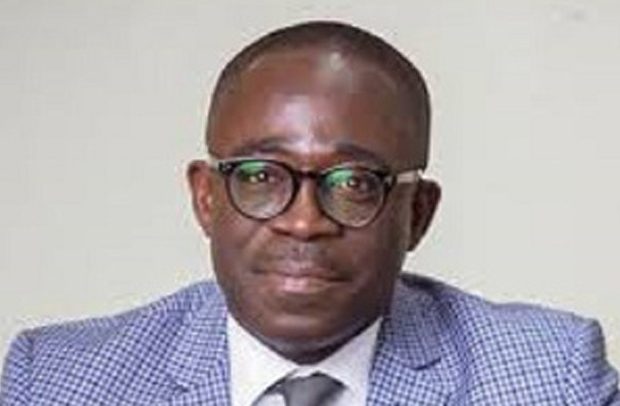William Owuraku Aidoo
Deputy Minister for Energy, William Owuraku Aidoo has revealed that the Gold-For-Oil Contract Agreements are spot contracts which involve the purchase or sale of the commodity for quick delivery at the current or prevailing market price termed as the spot price.
He said the agreements are between the Bulk Oil Storage and Transportation Company Limited (BOST) and the suppliers of petroleum products.
Responding to a series of questions on the floor of Parliament yesterday, the Deputy Minister noted that the goal of the agreement was not necessarily to obtain a low oil price, but rather to relieve pressure on the foreign exchange.
George Kweku Ricketts-Hagan, NDC MP for Cape Coast South, questioned the Minister if Ghana’s Gold-For-Oil Agreement was a forward contract between the Republic of Ghana and the supplier(s) of the oil, and if not, what kind of agreement the country had in place, among other things.
Mr. Aidoo indicated that the government resorted to the Gold-For-Oil arrangement because it was using the country’s limited foreign exchange to purchase petroleum products.
“In this agreement, we are using our Cedis to buy gold and use the gold to exchange petroleum products. So the purpose was originally not to get cheap prices,” the Deputy Minister noted.
In another development, Mr. Aidoo disclosed that the total indebtedness of the State-Owned Enterprises (SOEs) namely, VRA, ECG, NEDCo, GRIDCo, TOR, BOST, Bui Power Authority, and GNPC as of December, 2021 is approximately US$2.4 billion, according to the validated debt matrix published by Deloitte in May, 2023.
He disclosed that the creditors are mainly stakeholders (SOEs, IPPs and fuel suppliers) in the power supply value chain.
He was responding to a question from the NDC MP for Bongo, Edward Abambire Bawa, about the total indebtedness of the state agencies.
By Ernest Kofi Adu, Parliament House


